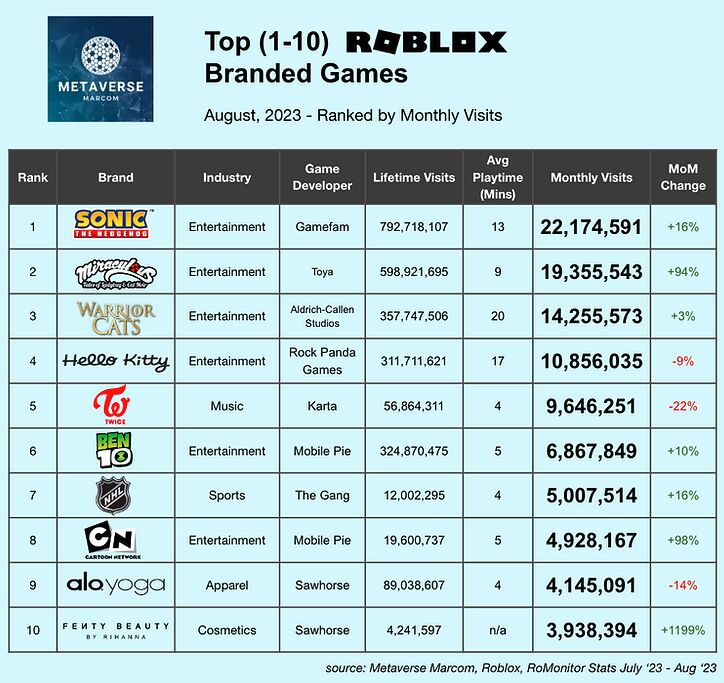This week, Canada’s corporate ethics watchdog announced that it is investigating Ralph Lauren’s Canada unit in connection with allegations that the fashion company’s supply chain & operations have used – or benefitted from – forced labor involving Uyghurs in China. In a report on Tuesday, Canadian Ombudsperson for Responsible Enterprise (“CORE”) Sheri Meyerhoffer cited two of Ralph Lauren’s textile suppliers that have been accused by researchers of “purchasing Xinjiang cotton through intermediaries or co-operating in the transfer of workers subject to forced labor.”
The pending probe is the latest in a string of supply chain issues tied to textiles coming from the Xinjiang region in China. As recently as last month, CORE reported that it was investigating claims of forced labor involving Nike Canada Corp. Other companies – including Uniqlo, Zara’s parent company Inditex, Skechers USA Inc. and French apparel group SMCP, the owner of the Sandro and Maje labels – have also been accused of potentially sourcing products from supply chains that involve Uyghur labor.
Beyond China: Companies’ supply chain qualms are not limited to alleged ties to forced labor in China – and in fact, if H&M is any indication, efforts by brands to break away from China will not absolve them of issues. The Swedish fast fashion giant revealed this week that it has been investigating 20 alleged instances of labor abuse – including wage theft and forced overtime – at garment factories in Myanmar and will no longer work with suppliers in the country. “After careful consideration, we have now taken the decision to gradually phase out our operations in Myanmar,” H&M told Reuters on Thursday. H&M’s announcement comes amid a largescale move by companies – like Inditex, Primark, and Marks & Spencer, among others – who say that they are cutting off suppliers in Myanmar due to labor concerns.
The Bigger Picture: Companies are engaging in an enduring effort to diversify their supply chains, and specifically, cut way back on their reliance on China due to “growing diplomatic uncertainty and concerns about forced labor,” a July 2023 survey by the US Fashion Industry Association reveals. Activity here is, of course, not limited to fashion entities or to manufacturing in China and Myanmar, as companies across industries face both greater scrutiny from regulators and legislators & increased calls for transparency from consumers in connection with their often-complex supply chains.
*This opening blurb ended up being pretty lengthy – you can find the full thing right here.
– Wreal v. Amazon.com: Amazon.com Inc. settled the reverse confusion case waged against it by an adult film company that alleged that the retail giant’s Fire TV video streaming device infringed its FyreTV trademark. We dove into that case & other recent reverse confusion matters here.
– BackGrid v. Femme: The latest paparazzi/photo agency-initiated copyright lawsuit against a fashion brand sees BackGrid suing Femme LA. (Find the complaint here.)
– New York Times & OpenAI: Counsel for the New York Times is “exploring whether to sue OpenAI to protect the [copyrights] associated with its reporting,” NPR reported this week, noting that the two co. have been “locked in tense negotiations over reaching a licensing deal in which OpenAI would pay the Times for incorporating its stories in the tech company’s AI tools.”
– Google v. DRS Logistics: The High Court of Delhi held on Aug. 10 that Google is not shielded by a section 230-like safe harbor (s. 79 in the Information Technology Act states that “any intermediary shall not be held legally or otherwise liable for any third-party info., data, or communication link made available or hosted on its platform”) in connection with the use of TMs as ad keywords. The reason: Google is not merely a “passive intermediary” & thus, its use of the TMs amounts to use in commerce.
The all-encompassing web3 hype has died down quite a bit but brands are still making moves in the virtual world. Fenty Beauty’s 30-day Roblox pop-up is worthy of attention, as the Rihanna-founded brand invited visitors to learn about its products & their ingredients, and “co-create” a customized version of its Gloss Bomb Universal Lip Luminizer. This seems like a pretty good take on part of what the metaverse has promised, namely, a new way for brands to embed awareness of their products & services.

– Ariela & Associates International has agreed to acquire Parade, the VC-backed intimates startup.
– ThirdLove has received a $12M revolving credit facility from Second Avenue Capital Partners.
– Caden has raised $15M in a Series round A that follows the launch of Caden AI, which it says is “the first truly personal Generative AI.”
– Singapore-based Web3 virtual world and creator platform ZTX has raised $13M in a Seed round.
– Reuters has closed its previously-announced acquisition of Casetext, an “AI innovator for legal professionals,” for $650M.
– MikMak, a software company that “helps the world’s leading brands grow commerce-first,” has acquired ChannelAdvisor’s Shoppable Media & Brand Analytics product lines.